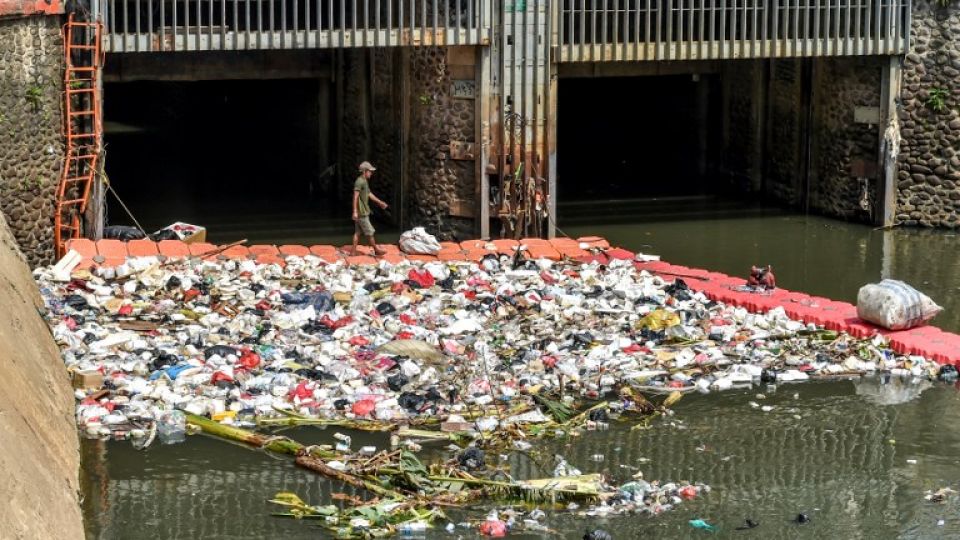February 25, 2019
China’s ban on imports of plastic waste, the “National Sword Campaign” which went into effect in January of 2018, upended the global recycling industry.
China has received as much as 106 million metric tons of plastics for processing since the United Nations first began gathering data on the phenomenon in 1992. That’s as much as 45-55 percent of the world’s plastic that made its way through China’s recycling pipeline.
With that pipeline closed off, developed countries around the globe have been scrambling to find a new destination for all that waste. Southeast Asia has been one prime target. Chinese businesses previously responsible for processing plastic recyclables have been moving their machinery to countries like Malaysia, which became the foremost alternative processing location for these plastics. The country imported nearly half a million tons of plastic waste between January and July of 2018 from just the 10 biggest sources.
But, increasingly, Southeast Asian countries are rejecting this waste.
In early August of 2018, Vietnam announced strict restrictions on scrap plastic imports, moving closer to an all-out ban. Weeks later, Thailand announced its own ban on 432 types of scrap electronics. That rule will go into full effect later this month.
In Malaysia, as in Thailand and Vietnam plastic dumping and illicit plastic processing operations drove the government to announce its own ban on plastic scrap imports in October.
Other Southeast Asian countries are cracking down on the types of waste imports they will allow. In early January the Philippines rejected some 1,200 tons of waste from South Korea. That waste, which was deemed unrecycleable, was subsequently shipped back to Korea in 51 trash-filled containers. And there’s more where that trash came from.
The Philippines has found that an additional 5,100 tons of South Korean waste had been imported illegally, and the two countries are in talks to determine how and when the waste can be repatriated.
The South Korean government has reportedly spent almost $900,000 dealing with this messy situation.
On a global scale, however, there is some indication that China’s ban may actually be having a positive change, potentially persuading governments to reevaluate plastic usage and improve domestic plastic recycling systems.
The British government, for example, has announced that it is considering imposing a fee on businesses to help cover the cost of recycling plastic packaging, a cost that is currently covered by British taxpayers. The program, if enacted, would take effect in 2023.


